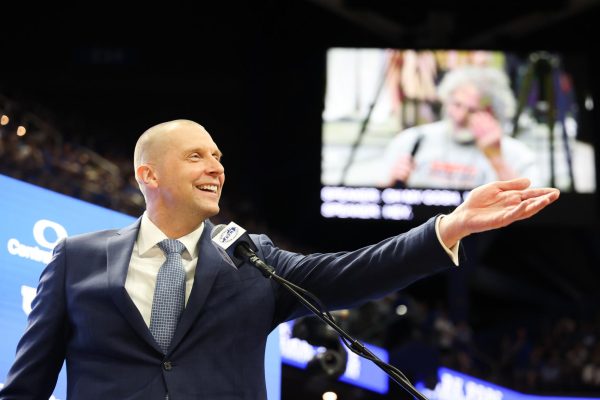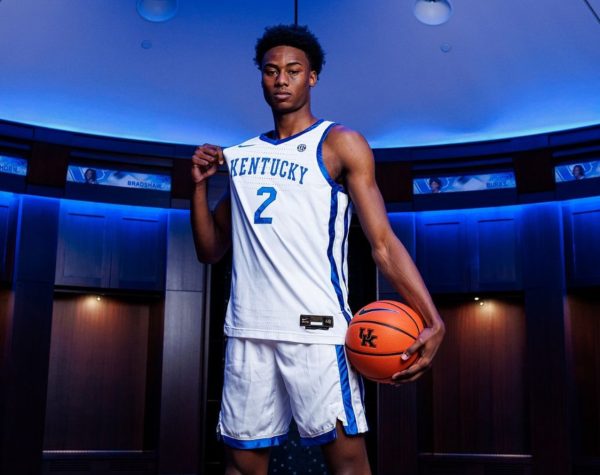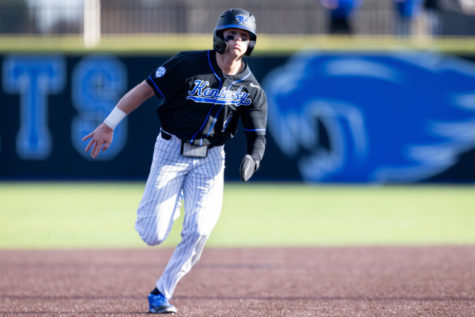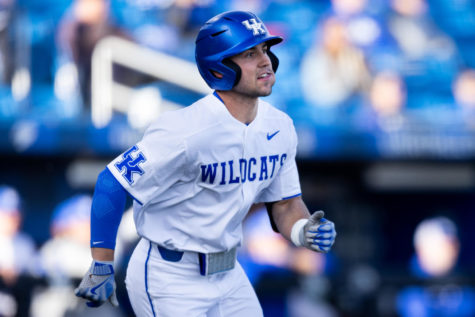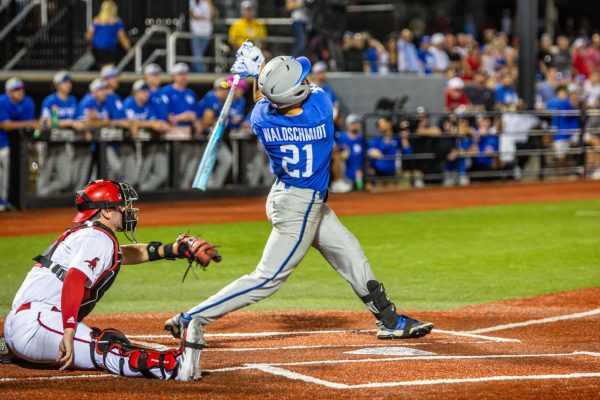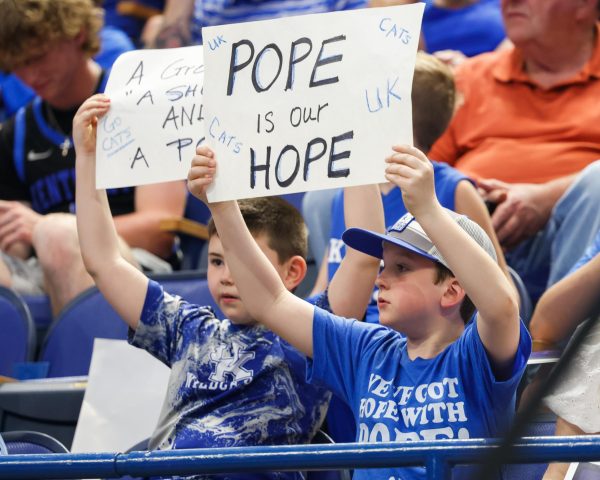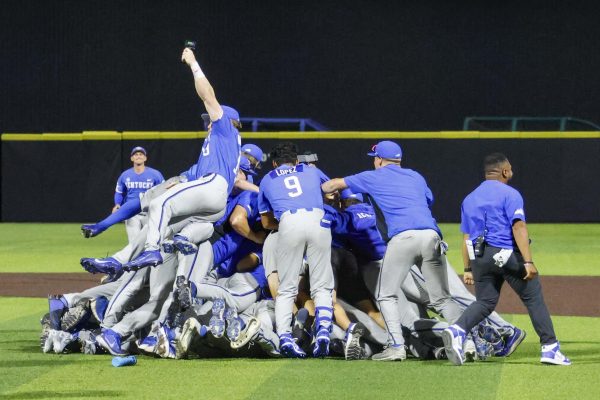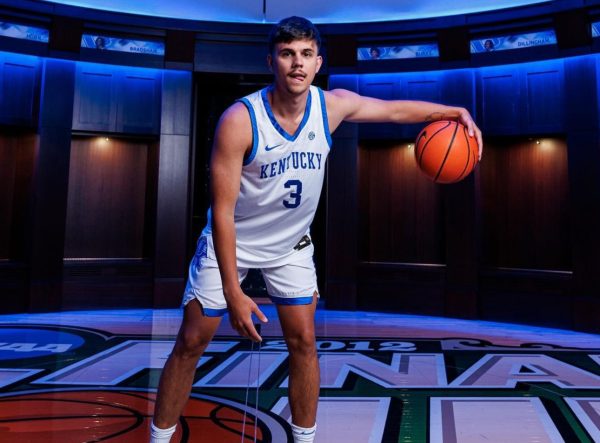SI attends NCAA ‘Enforcement Experience’ on violations and penalties
May 13, 2011
Sports Illustrated’s Seth Davis attended the NCAA’s recent “Enforcement Experience,” which was a tutorial on the NCAA’s enforcement process. They went through simulations and mock cases, and he had some takeaways (although I would suggest reading the full article ):
- Schools, coaches and players are required to tell the truth if they are talked to by the NCAA during an investigation.
- The process involves an investigative team, comprised of NCAA employees, and the Committee of Infractions, comprised of conference commissioners, faculty members and outside attorneys. The Committee gives the actual verdict, based on evidence collected by the investigators.
- While NCAA President Mark Emmert was a big target for the Enes Kanter decision, Emmert does not play an official role in the process. He is confined to making suggestions and recommendations.
- “Innocent until guilty” does not apply. The investigative team does not need to prove beyond a reasonable doubt; instead, it must prove “clear and convincing evidence” of an infraction.
- The biggest trouble, Davis said, is the difficult of applying precedents from case to case, because there are always differences. This creates the perception that the NCAA is making things up on the fly, a statement often heard during the Kanter case.
All in all, a good step by the NCAA in trying to let the public know how and why certain decisions are being made.
If I (or you) find any more articles from national writers — about 24 writers attended, according to Davis — I’ll link them here.









































































































































